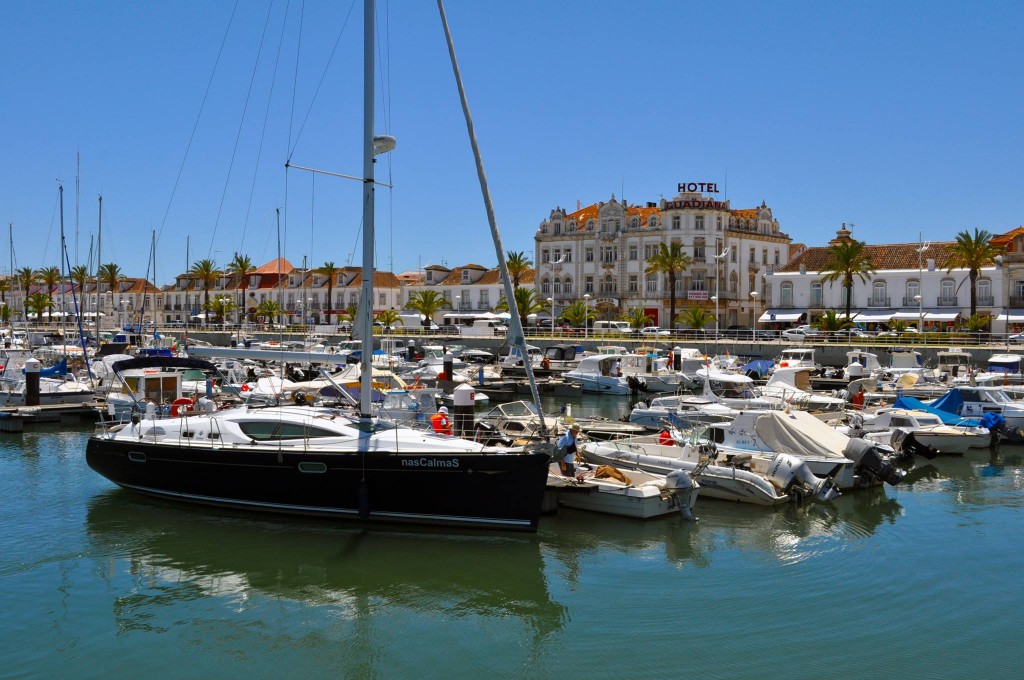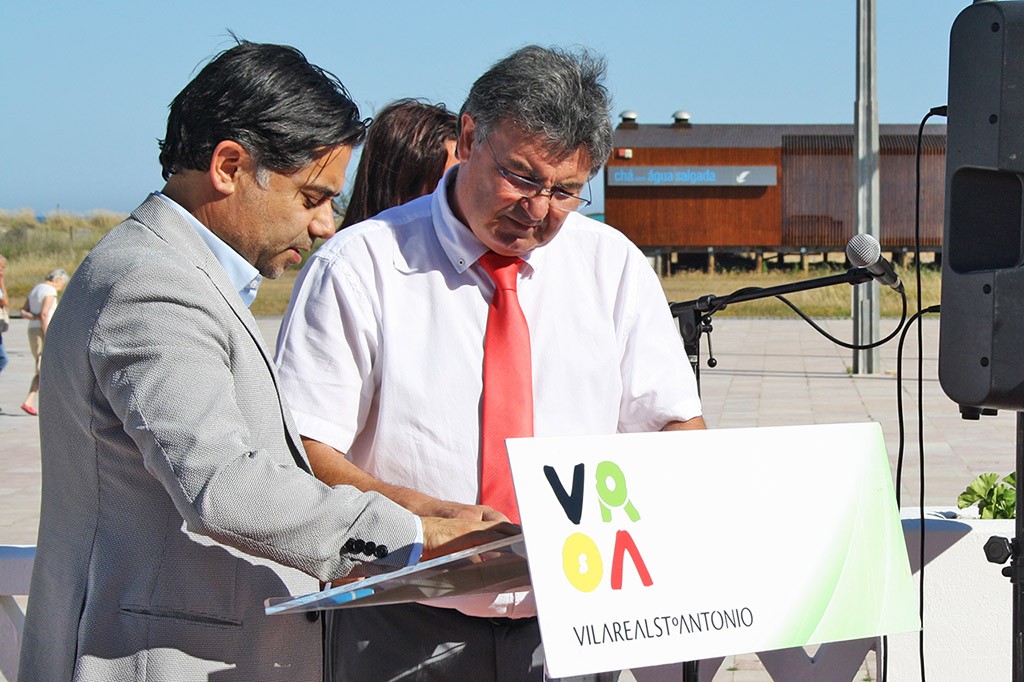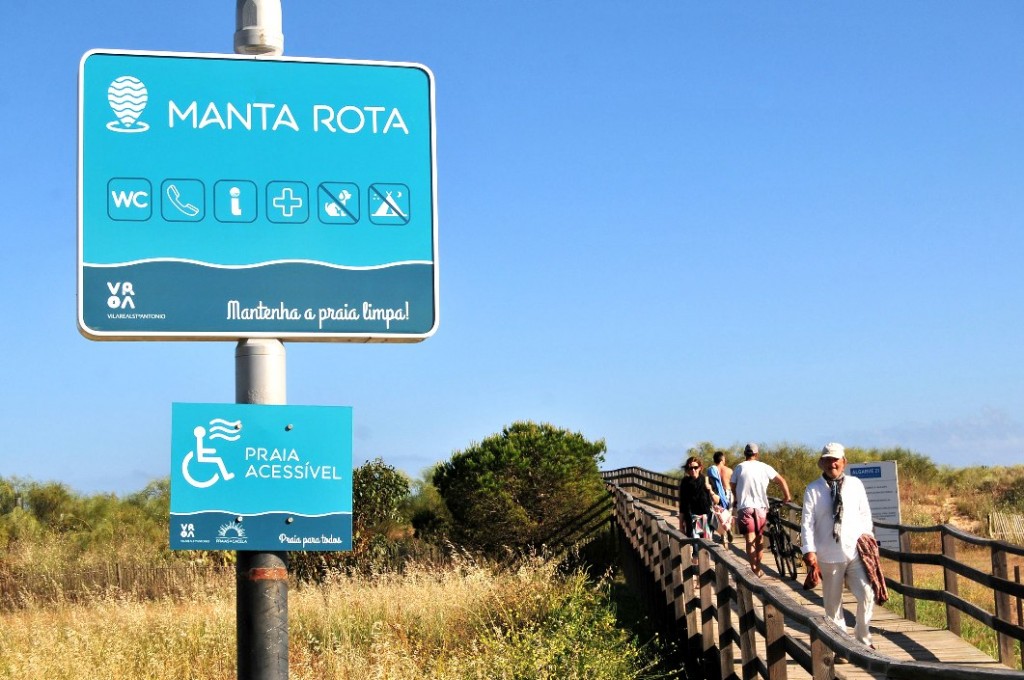 The original idea was to apply a rate of 1 euro per day, per tourist, to each hotel in the municipality, this summer. until early next year and allowed the inclusion of a 50 percent discount for over 60s in low season.
The original idea was to apply a rate of 1 euro per day, per tourist, to each hotel in the municipality, this summer. until early next year and allowed the inclusion of a 50 percent discount for over 60s in low season.
The new Municipal Council for Tourism of VRSA, which will bring together the municipality and the vast majority of hotels and tourist developments in the municipality, was formally created this Tuesday, at Manta Rota. This new body was created following the institution of a tourist tax in this municipality, and its main attribution will be the management of the funds collected through this tax.
The tourist tax, despite being taken for granted and accepted by businessmen, was not desired by the private sector. The local authority, on the other hand, defends that it is a way to finance the municipality's tourist qualification, and, as such, it is necessary. Thus, negotiations took place, which ended in a "convergence" between the parties.
“Hoteliers presented a counterproposal and we considered it reasonable. We always said that this was an open process», said, on the sidelines of the ceremony, the mayor Luís Gomes.
The counterproposal entailed the granting of a period for adapting "the accounting and economic year to this rate". On the other hand, hoteliers asked for a system of positive discrimination to be created for people over 60, in the low season, but precisely between 1 November and 31 April, which the municipality also found "reasonable" and accepted.

The memorandum of understanding signed yesterday will now "be endorsed at a meeting of the City Council and by the Municipal Assembly".
Even before starting to charge 1 euro/day per guest, the municipality gave an example of what can be done with the money from this tax. At the ceremony on Tuesday, in addition to the protocol between the City Council and hotels in the municipality, the new image of the Bay of Manta Rota was presented, with the theme «Beach of Cacela» and the Municipal Tourism Office was inaugurated, in the old building Casino.
Two measures that, in the view of the City Council, are aimed at qualifying tourism in this area of the county, known for its beaches.
«The fee income will be reinvested in the sector. That is: in tourist entertainment, in tourist promotion and also in the holding of some events, which have to be self-sustainable», explained Luís Gomes.
Despite not being pleased with the creation of a new position, Carlos Viegas, director of the Hotel Vasco da Gama and hoteliers' representative in negotiations with the Chamber, is resigned to the introduction of the fee.
“We've been talking about it for over a year. Of course, no one wanted the fee. We hoteliers got together and created a commission to talk to the mayor. There were four of us, but then I ended up going alone (laughs). I pointed out to the President that it was very complicated to apply the fee this summer, since we had to talk to tour operators and find an operating system that would contemplate the fee», he told journalists.
As for the 50 percent discount for people over 60 in low season, this was suggested in order to «guarantee the survival of Monte Gordo" during this period.
The occupancy rate in this tourist area, during autumn and spring, is particularly high, largely due to retired foreigners who spend time here. "The fact that this issue of the discount was accepted was decisive", assured Carlos Viegas.

The local hoteliers ended up accepting the tourist tax, but the main business associations in the sector have already “frontedly” opposed the application of this tax.
The Hotel Association of Portugal (AHP), in a position published last April, even recalls that "in 2012 the Chamber [of VRSA] had taken the same initiative, which AHP contested in due course."
Raul Martins, president of AHP, stressed that the national hotel association is “totally against the so-called tourist taxes, which aim to solve the economic and financial problems of the Municipal Councils, or which are aimed at investments that have nothing to do with the sector and which impose on the hotel industry the financing of municipal and local policies without any return for the tourist development of the destination».
«If municipalities, such as Vila Real de Santo António, invoke the promotion as an end to the funds raised with tourist taxes, they think badly. The promotion of Portugal and tourist destinations is a strategic theme for Tourism and all events and actions must be framed in concerted action between Turismo de Portugal and the Regional Agencies. Gone are the days when each of the country's 308 municipalities was promoting themselves», said the AHP leader.
"Furthermore, the maintenance of municipal equipment and infrastructure, such as the facilities of the sports complex that serve the population in particular, cannot and should not be supported by hoteliers and tourists through fees that penalize the destination itself", reinforces the president of AHP , which concludes: «it is up to the hoteliers and our Association to find, when justified, alternative ways to increase and develop tourist destinations, and we are always available to accompany the local hotel industry in work initiatives, but also in contesting, that they wish to follow. ».
For its part, the Association of Hotels and Touristic Enterprises of the Algarve (AHETA) not only expressed its opposition to the application of the fee, but also guaranteed that it was willing to “develop all efforts, under the law permitted, including resorting to the courts to prevent its application'.
For AHETA, «the application of this rate constitutes a tax, since it is applied unilaterally and without the need for any direct compensation or any relationship with the payment made. In other words, the fee must be bilateral in nature, which requires the provision of a service, authorization to use a public domain asset or the granting of a license to whoever has to pay it, which clearly does not happen in the present case. In short, hotel customers would not receive anything new or more, nor would they benefit from any extraordinary advantage on the date they started to pay the aforementioned fee», defended the association.
"From this perspective, both organically and formally, this fee is not only illegal but also unconstitutional, given that only the Assembly of the Republic (article 165, paragraph 1, paragraph 1) can authorize the Government to legislate on these matters, and only under the terms of the law that may be approved for this purpose and not by a Municipal Assembly, as intended by the VRSA municipality», added AHETA.


















Comments